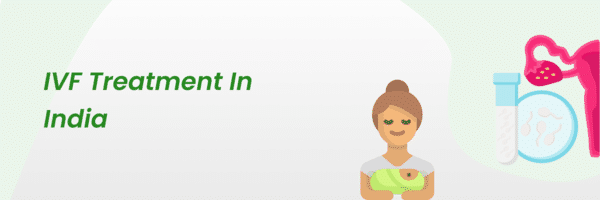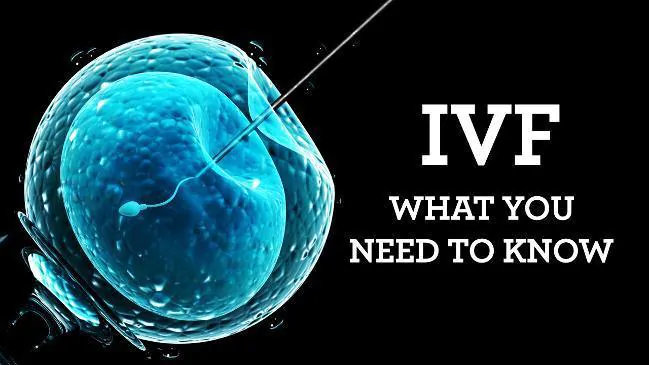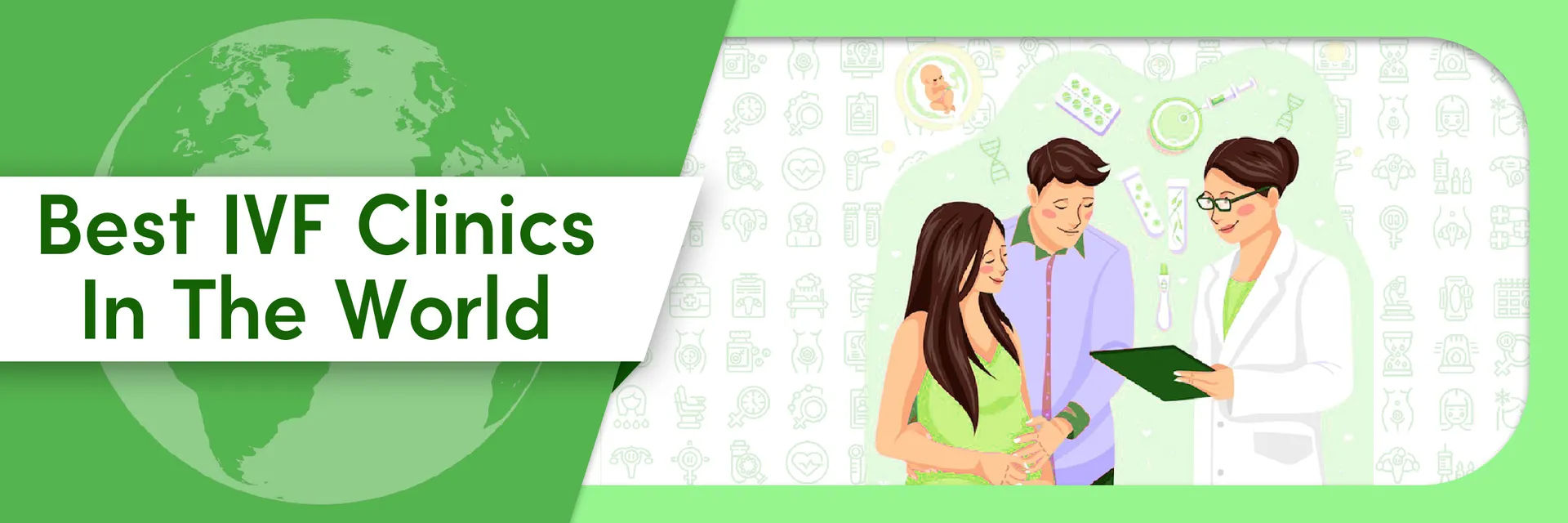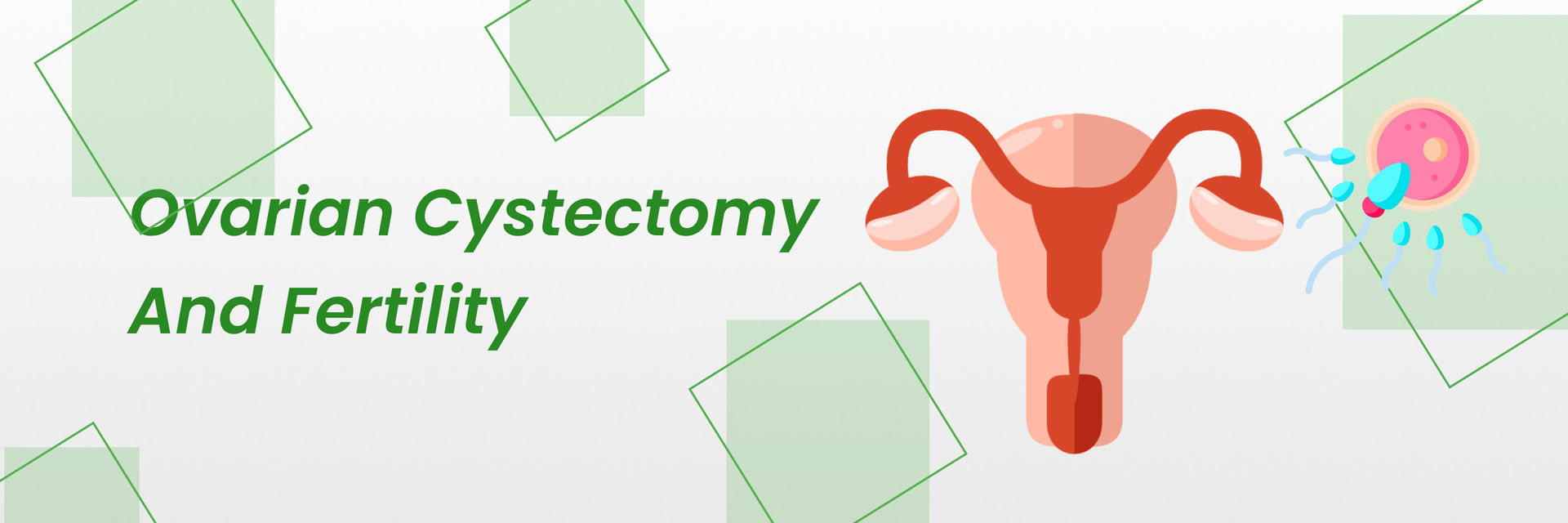IVF has been a beacon of hope for many couples facing infertility. However, one challenge that can significantly impact the success of IVF is low ovarian reserve. It means having fewer eggs than is typical for your age—a condition that affects roughly 20% of women undergoing fertility treatments worldwide.
By the time a woman reaches her mid 30s, this decline becomes more pronounced, and by age 40, the chances of natural conception decrease significantly.
Thinking about IVF as a way to fulfil your desire to have kids? It’s important to go into the process informed and with realistic expectations. Connect with the experienced fertility specialists in India today and get an informed decision.
What causes Low Ovarian Reserve?
- Age: As women age, their number of eggs declines.
- Genetics: Some women are born with fewer eggs.
- Medical treatments: Procedures like chemotherapy or radiation can reduce the number of eggs.
- Surgery: Operations on the ovaries can decrease egg count.
How can you tell if you have a Low Ovarian Reserve?
The signs are often not obvious, but the main one is struggling to conceive. To diagnose LOR, doctors use:
- Blood tests measure hormone levels, such as Follicle Stimulating Hormone (FSH) and Anti-Müllerian Hormone (AMH).
- Ultrasound: This imaging test looks at the ovaries to check the quantity of available eggs.
Concerned about Low Ovarian Reserve? Keep reading to know how treatments like IVF can offer hope in managing this condition.
The IVF Process for Low Ovarian Reserve
IVF, or In Vitro Fertilization, is a fertility treatment where an egg and sperm are combined in a lab to create an embryo. The basic steps include-
- Stimulation: Medications are used to encourage the ovaries to produce many eggs.
- Egg retrieval: Eggs are collected from the ovaries using a minor surgical procedure.
- Fertilization: The collected eggs are fertilized with sperm in a lab.
- Embryo culture: Fertilized eggs grow into embryos. The best one(s) are selected for transfer.
- Embryo transfer: An embryo is placed into the uterus to start a pregnancy.
Does having a Low Ovarian Reserve change the IVF process?
Modifications for patients with LOR might include:
- Customized medication regimes: Higher or more sensitive doses of stimulation drugs to maximize egg production.
- More supplements: Treatments like DHEA or Coenzyme Q10 might be used to improve egg quality.
- Using advanced techniques: Technologies like ICSI (Intracytoplasmic Sperm Injection) ensure the sperm fertilizes the egg, which can be crucial when egg numbers are low.
"Success in IVF treatment for individuals with low ovarian reserve hinges on personalized care and innovative techniques. While low ovarian reserve poses challenges, advancements in reproductive medicine offer hope. Through tailored protocols and close monitoring, we strive to maximize the chances of success and fulfil our patients' dreams of parenthood."- stated Dr. Hrishikesh Pai, a renowned infertility specialist in Gurgaon.
How do recent innovations help?
Technological advancements have improved IVF outcomes, especially for those with LOR.
- Better imaging: Enhanced ultrasound and AI-driven analytics help check follicle development more.
- Genetic screening: Preimplantation Genetic Testing (PGT) ensures only the healthiest embryos are transferred.
- Improved lab conditions: incubators and culture mediums increase the survival and quality of embryos.
Want to see if IVF can work for your situation? Talk to a fertility specialist about these cutting-edge techniques.
What are the challenges women face for IVF with low ovarian reserve?
It comes with unique challenges. For those dealing with Low Ovarian Reserve (LOR), the IVF process can be more complex:
- Limited egg quantity: Fewer eggs available for retrieval means fewer chances to create viable embryos.
- Egg quality issues: Often, the eggs available are also of lower quality, which can decrease the likelihood of successful fertilization and implantation.
- Increased emotional and financial stress: The need for many IVF cycles to achieve success can be draining and costly.
What are the success rates for IVF with LOR? Let’s look at the numbers. The success rates for IVF vary, but :
- Studies show that women under 35 have the highest success rates, often above 40% per cycle.
- These rates can be lower for women with LOR, depending on their age and the severity of their condition.
What factors are crucial for IVF success?
- Age of the woman: Younger women generally have higher success rates.
- Quality of the sperm: Good sperm health is essential for fertilizing eggs.
- Condition of the uterus: A healthy uterine environment is critical for embryo implantation.
- Technological support: Utilizing the latest IVF technologies and techniques can optimize outcomes.
Treatment Options and Advances
Looking to improve your chances with IVF? Here are some treatments that help. For women facing low ovarian reserve, various medical treatments can enhance both egg quality and quantity.
- Hormonal supplements: Drugs like DHEA and Coenzyme Q10 are often recommended to help improve egg quality.
- Ovarian stimulation protocols: Tailored medication regimens can help stimulate the ovaries to produce the most viable eggs.
- Acupuncture and lifestyle changes: These can complement medical treatments by improving reproductive health.
- Improved ovarian stimulation techniques: Newer protocols provide better results with fewer side effects.
- Cryopreservation technology: Freezing eggs, sperm, and embryos has seen significant improvements, allowing for better long-term storage options.
- Embryo monitoring systems: Devices that watch embryo growth in the incubator help select the best embryos for transfer without disturbing the culture environment.
Considering alternatives? Donor eggs are an effective option. For some women with LOR, using donor eggs becomes a necessary and successful alternative.
Ready to explore all available fertility treatments? Consulting with a fertility expert can help you navigate these options and decide the best course of action for your specific circumstances.
Preparing for IVF
Are you thinking about starting IVF but don't know how to start? To succeed in any medical procedure, you must start with a positive mindset and a healthy lifestyle.
Here’s how to prepare your body and mind. Good preparation can improve your chances of success and make the journey smoother:
- Lifestyle Changes and Nutritional Supplements:
- Healthy diet: Eating balanced meals rich in fruits, vegetables, lean proteins, and whole grains can boost fertility.
- Regular exercise: Staying active helps maintain a healthy weight and reduce stress.
- Vitamins and supplements: Folic acid, omega-3 fatty acids, and vitamin D can benefit egg quality and reproductive health.
- Avoid harmful substances: Reduce caffeine and avoid alcohol and smoking to enhance fertility.
- Psychological Preparation and Support Resources:
- Mental health: IVF can be stressful. Consider counseling or joining support groups to manage emotional stress.
- Relaxation techniques: Practices like yoga, meditation, and mindfulness can help keep stress levels in check.
- Financial Planning and Insurance Considerations:
- Understanding costs: IVF can be expensive. Ask your IVF hospital for a clear breakdown of all the costs involved.
- Insurance coverage: Check what your insurance covers. Some plans might cover certain treatments, like medications or egg freezing, but not others.
- Alternative financing options: Some clinics offer loans, grants, or payment plans to help manage financial burdens.
Ready to take the first step towards IVF? Proper preparation not only supports a successful treatment but also helps you handle the challenges along the way. call us to book your appointment today
Conclusion
Understanding IVF and Low Ovarian Reserve is crucial for managing expectations and preparing for treatment. We've explored how to enhance fertility, the technological advances in the field, and the supportive steps you can take on your journey. Facing fertility challenges is tough, but you’re not alone.
Stay positive, seek support, and keep informed—every step forward is progress towards your goal of parenthood.
Reference
https://fertility.womenandinfants.org/services/women/diminished-ovarian-reserve
https://fertilityresearchandpractice.biomedcentral.com/articles/10.1186/s40738-017-0041-1





